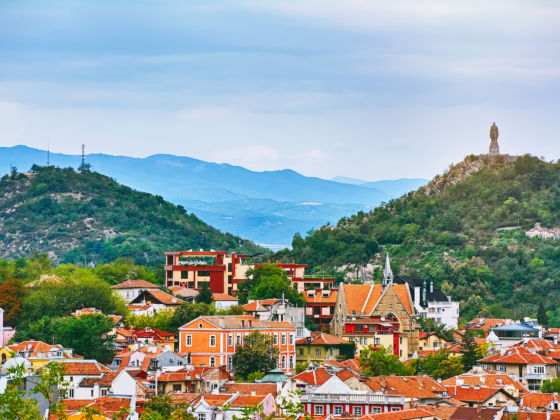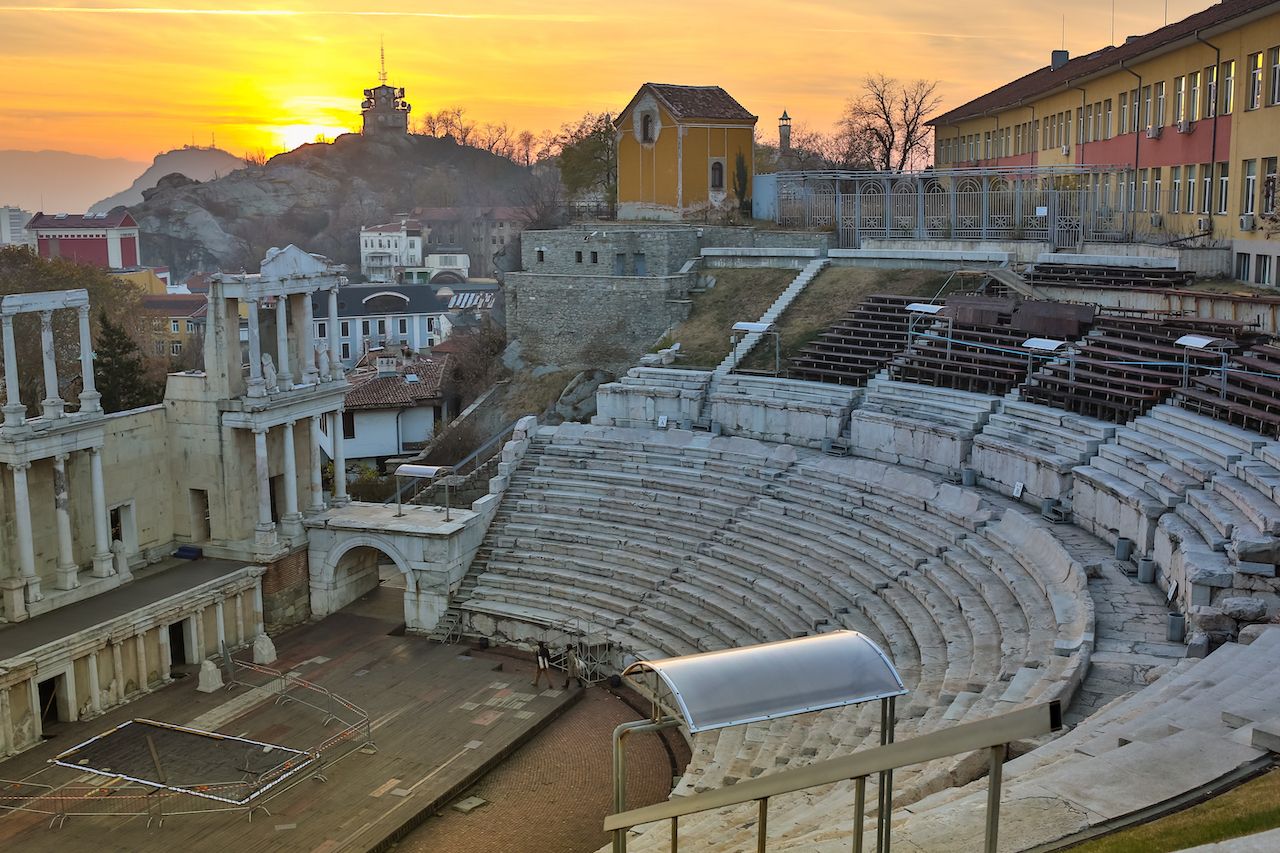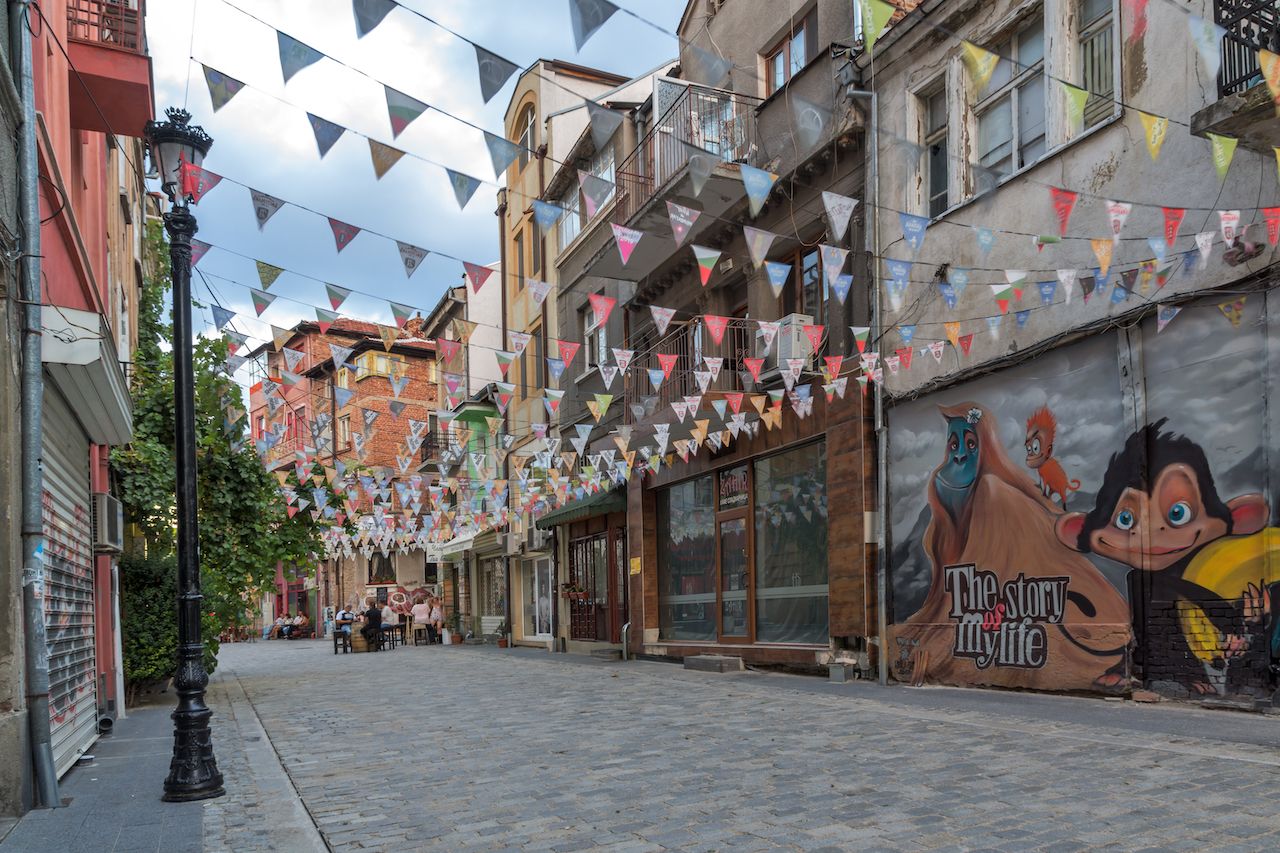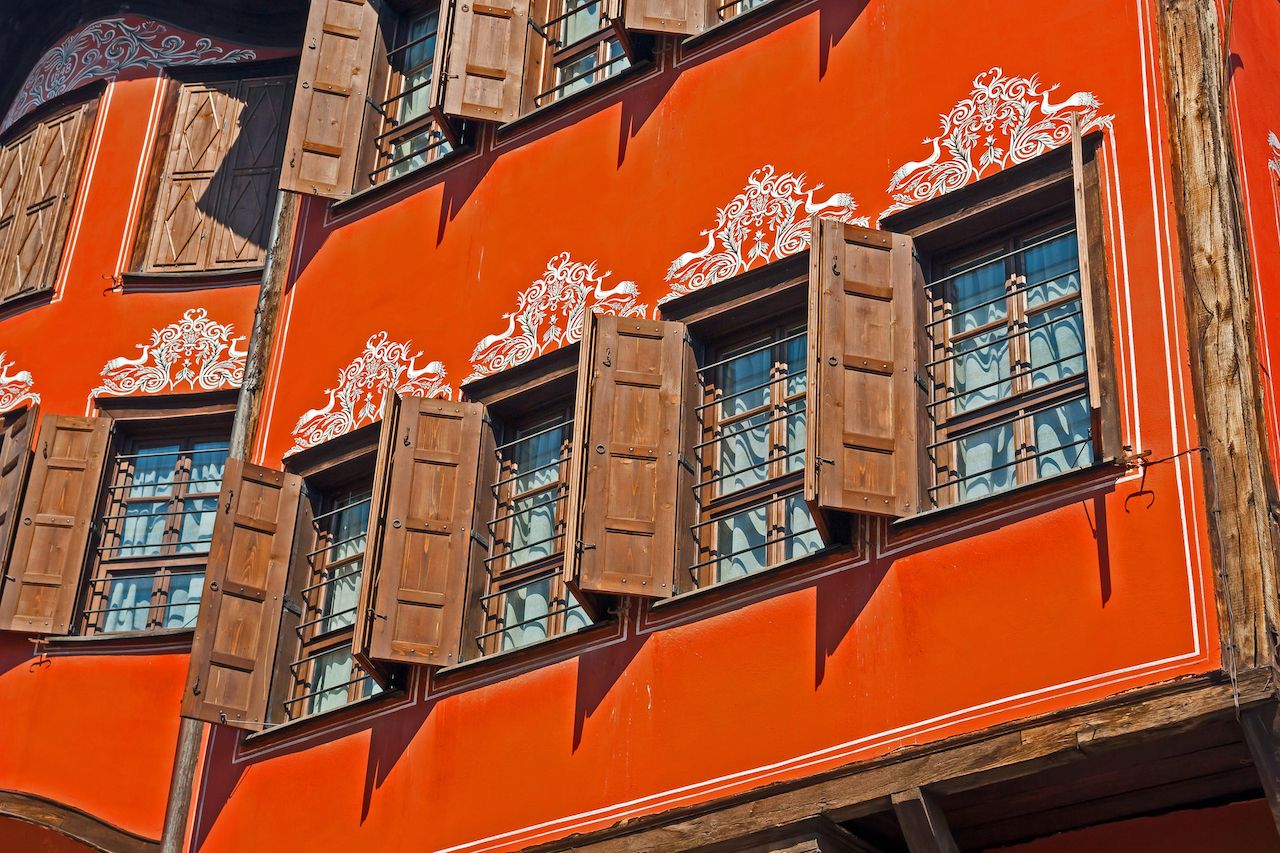Every year, the European Union nominates one or more Capitals of Culture to showcase cities across the continent, promote growth and tourism, and foster the collective European identity. Athens was inaugurated first in 1985, followed by Florence, Amsterdam, Berlin, and a string of cities you’d expect to see on a list of cultural capitals.
This year is a tie between Matera, Italy, and Plovdiv, Bulgaria, neither of which has the name recognition of a Paris or Madrid, the EU’s choices in 1989 and 1992, respectively. While no one has to sell tourists on Italy, you may be wondering what it is about Plovdiv that garnered this prestigious honor.



